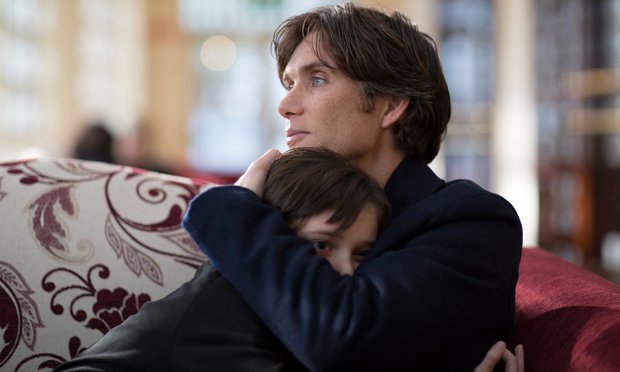There are few places in the world with a cultural output to match Dublin. It is to Mark O’Rowe’s great credit that, despite the competition for the attention of Dublin audiences, he has in the past year been the creative force behind two of the city’s most anticipated tickets.
The first was The Approach, a play starring Cathy Belton, Derbhle Crotty and Aisling O’Sullivan. The packed auditorium of the Project Arts Centre confirmed that O’Rowe and Landmark Productions had delivered another hit. For the length of its run, the play was the epicentre of all things culturally relevant in Dublin.
So the Dublin seagull-equivalent of the culture vulture circled expectantly around the Irish Film Institute (IFI) in anticipation of O’Rowe’s next work, which came in the form of The Delinquent Season. The movie boasted an impressive cast of Andrew Scott, Cillian Murphy, Eva Birthistle and Catherine Walker. The dice were loaded for success.
Unfortunately, even more striking than the disagreement of the critics was the tone of disappointment. Something went badly wrong. When the lights came up after the first showing in the IFI they illuminated an awkward, collective embarrassment.
Both stories are set in south Dublin suburbia, in which characters desperately (and in the case of The Approach, ingeniously) try to ward off the mundane reality of their lives. With a surface of similarities, the question the playwright-cum-screenwriter must still be coming to terms with is how it could have all gone so awry?
The problem lies in the transition from stage to screen. In the theatre, set designer Sinéad McKenna took the single stage prop, the wooden cafe stools, and transformed them into a phantasmagorical constellation hung over the stage. The numen of the stage was the imaginative space it occupied: the women sat in every coffee shop window imaginable by the audience. In the play, deliberately repetitive dialogue allowed the classical notion of fate to be ingeniously replaced with the unrelenting demands of bourgeois social pressure. It became sinisterly apparent that there would be no escape for these women.
In contrast, The Delinquent Season was set in the kind of semi-detached houses that were too keen to prove their abundance of natural light and kitchen utensils.
Transposed into this new environment, O’Rowe’s dialogue turned trite. Non-characters milled unbelievably around their naturalist setting. What was originally brilliantly sparse language, to be filled with the creativity by the audience, became vapid and semi-authentic. In essence, the cinematic experience allowed for none of the same imaginative stimulation.
More than what Mark O’Rowe’s plays say about his writing, they reveal a great deal about the different beasts of stage and screen.







